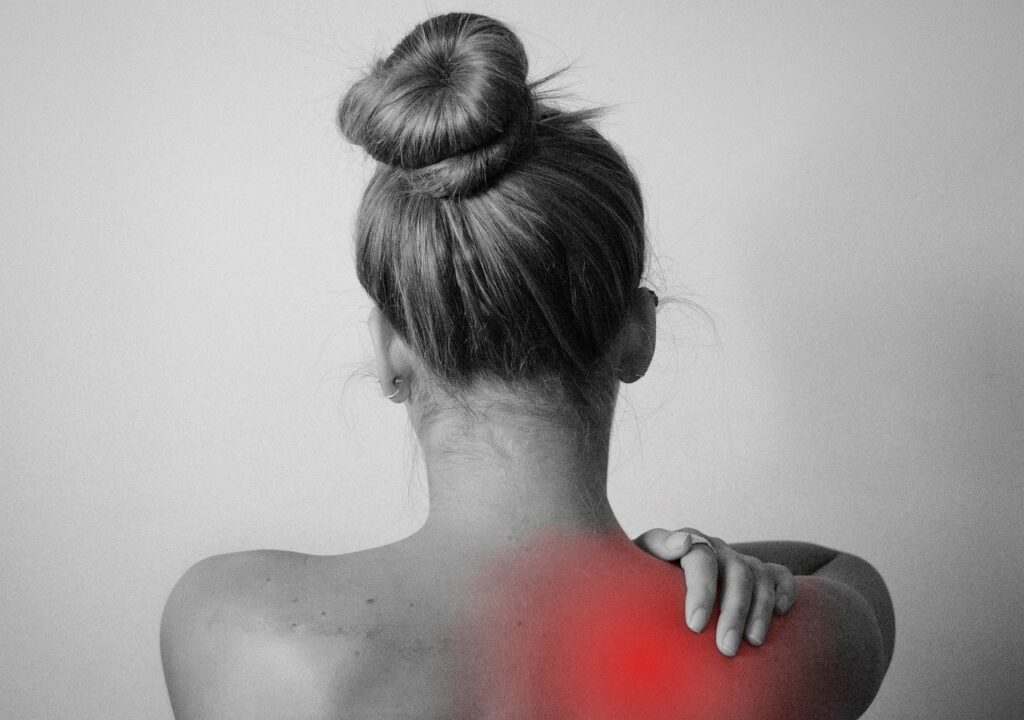In a personal injury case, the plaintiff is obligated to prove at trial that her injuries are causally related to the accident. Typically this is accomplished through the use of a medical expert who evaluates the plaintiff, provides an expert report and testifies at trial. This may also involve the use of diagnostic testing to support the expert’s conclusion.
An expert opinion based upon bare conclusions, unsupported by factual evidence, is considered to be a “net opinion” which may be excluded by the court at the request of the other party.
In a recent unpublished Appellate Division decision, the trial court finding and exclusion of a net opinion was upheld based on the following facts. The plaintiff was a passenger in a car accident who treated with a chiropractor for her injuries. An MRI reflected disc bulges attributable to the accident. Three years later, plaintiff was injured in a second accident, at which time a second MRI showed the disc bulges. Plaintiff’s chiropractor prepared a report in which he concluded that acknowledged plaintiff’s prior lower back injury “with some degree of permanency” from the first accident, but opined that plaintiff had “suffered a further permanent partial impairment of her lower back” that was 70 percent attributable to the present accident.
The trial court granted the defendant’s motion to bar plaintiff’s chiropractor’s expert report as net opinion, finding that he had failed to explain how he arrived at his conclusion that plaintiff had suffered a permanent lower back injury 70 percent attributable to the present accident.
The Appellate Division agreed with the trial court. It also found that the plaintiff had failed to plead aggravation of her prior injury or to present proof of aggravation.
The personal injury attorney must ensure that his client, the accident victim, is seen by a qualified expert and that such expert must provide an admissible medical opinion to establish that the accident in question, in fact, caused his client’s injuries. The attorney should not just accept whatever opinion a treating physician chooses to provide, but rather needs to see to it that the appropriate professional is involved to provide admissible medical evidence.
